Best Non-Custodial Crypto Wallet for Beginners
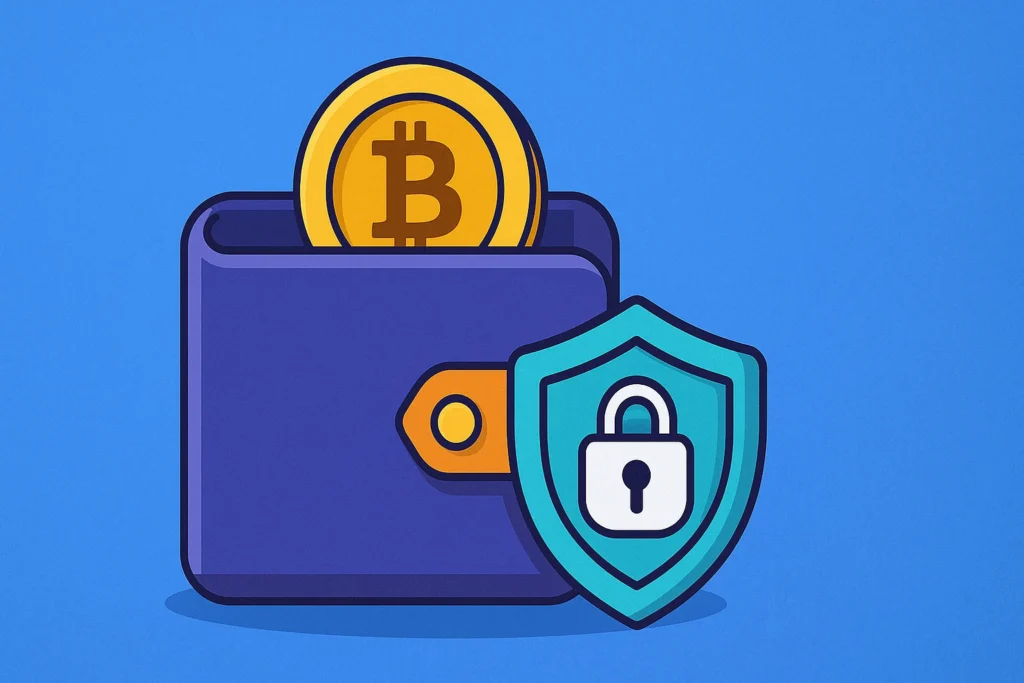
Best Non-Custodial Crypto Wallet for Beginners
Cryptocurrency has taken the world by storm, and if you are just stepping into this exciting digital world, the first thing you’ll need is a secure place to store your coins in a crypto wallet. But not just any wallet.
For those who value control and privacy, non-custodial wallets are the go-to choice. Especially for beginners who want to start off on the right foot, finding the best non custodial crypto wallet can make all the difference between a smooth start and a security headache.
This guide will walk you through everything you need to know about non-custodial wallets, what makes them a smart pick for beginners, the essential features you should look for, and the best wallets you can trust in 2025.
We’ll break down all the tech talk into plain, understandable English and help you choose a wallet that works best for you.
What Are Crypto Wallets?
Think of a crypto wallet as your digital bank account, but one that’s decentralized. It doesn’t sit in a brick-and-mortar building or under the watchful eye of a traditional bank.
Instead, it lives on your phone or computer, giving you access to your cryptocurrencies anytime, anywhere.
Crypto wallets store your private and public keys. The public key is like your email address, others use it to send you crypto.
The private key, on the other hand, is your password; it gives you full control of the coins in your wallet. Lose it, and you lose access to your funds. That’s why wallet security and user-friendliness are crucial.
There are two main types of wallets: hot wallets (online) and cold wallets (offline). This article focuses on hot wallets, especially non-custodial ones, because they strike the best balance of convenience and control ideal for beginners.
Custodial vs. Non-Custodial Wallets Explained
Before diving deeper, let’s break down the difference between custodial and non-custodial wallets.
- Custodial Wallets: These are wallets where a third party (usually an exchange like Binance or Coinbase) holds your private keys for you. It is similar to a bank holding your money. The upside? Less responsibility on your end. The downside? Less control and potentially higher risk if that exchange is hacked.
- Non-Custodial Wallets: You hold the keys. You control your funds. No middlemen. You own your wallet, and only you can authorize transactions. That is why the phrase “not your keys, not your crypto” is gospel in the crypto world.
For beginners who want to learn the ropes and build confidence while maintaining privacy and control, non-custodial wallets are the way to go.
Top 5 Best Non-Custodial Crypto Wallet for Beginners in 2025
- Trust Waller
- MetaMask
- Exodus
- Atomic Wallet
- Coinbase Wallet
1. Trust Wallet
Trust Wallet is often at the top of every beginner’s list and for good reason. Owned by Binance, this mobile-only wallet is super beginner-friendly and supports a wide range of tokens and blockchains. Whether you’re holding Bitcoin, Ethereum, or a more obscure altcoin, Trust Wallet probably supports it.
Its design is clean, its performance is smooth, and it offers built-in staking and token swapping all without leaving the app. Plus, it doesn’t ask for any personal information to get started. Download it, write down your seed phrase, and you’re good to go.
Security-wise, it’s non-custodial and open-source, which means the code is publicly available for auditing. It also includes fingerprint or Face ID support for extra protection. For beginners looking to explore DeFi and NFTs, Trust Wallet is a fantastic gateway.
2. MetaMask
MetaMask is arguably the most well-known non-custodial wallet, especially among Ethereum users. Originally built as a browser extension, MetaMask now also offers a robust mobile app making it versatile for both desktop and mobile users.
What makes MetaMask beginner-friendly is its intuitive onboarding process. From creating a wallet to connecting with decentralized applications (dApps), everything is straightforward.
It’s a favorite for users diving into DeFi, NFTs, and blockchain-based gaming, thanks to its seamless Web3 integration.
MetaMask supports Ethereum and Ethereum compatible networks like Polygon, Arbitrum, and BNB Smart Chain. You can manually add custom tokens and blockchains, which gives you the flexibility to expand your crypto experience as you learn more.
However, one area beginners need to be cautious about is gas fees. Because it primarily operates on Ethereum, transaction fees can be high during network congestion. That said, MetaMask’s new “gas estimator” helps users choose more efficient options.
The wallet doesn’t store user data, and your private keys are encrypted and stored locally in your browser or device. You’re in full control but again, remember to securely back up your seed phrase.
3. Exodus
Exodus is one of the best-designed crypto wallets out there. It’s beautiful, polished, and offers a near-perfect user experience for beginners. Available for both desktop and mobile, Exodus supports a wide array of cryptocurrencies, over 200 assets and growing.
Its user interface feels more like a fintech app than a crypto tool, which is ideal if you’re coming from traditional finance or just want something that “makes sense” without a steep learning curve. The dashboard displays your portfolio with real-time charts, making tracking your holdings easy and fun.
Another great feature is the built-in exchange that allows you to swap between cryptocurrencies without leaving the app. This eliminates the need to rely on centralized exchanges for conversions everything is non-custodial and stays in your wallet.
Exodus also supports integration with Trezor hardware wallets, giving users the option to add cold storage for enhanced security. However, one minor drawback is that Exodus is not open-source, which may be a concern for users who prefer transparent codebases.
Still, for most beginners, it strikes the perfect balance between ease of use and functionality.
4. Atomic Wallet
Atomic Wallet is another excellent choice, especially if you are looking for an all-in-one crypto management tool. This non-custodial wallet supports over 500 coins and tokens and offers features like staking, swapping, and buying crypto with a credit card all within the app.
What makes Atomic Wallet stand out is its cross-platform availability. It runs on Windows, macOS, Linux, Android, and iOS, ensuring that no matter what device you use, your wallet is always within reach.
The interface is clean and beginner-friendly. From setup to daily use, every function is clearly labeled and easy to understand. You also get access to your private keys and seed phrase meaning full ownership of your assets.
The built-in exchange feature allows instant swaps between coins using Atomic Swaps and other exchange partners. This is convenient for beginners who don’t want the hassle of sending coins to an external exchange just to swap.
Atomic Wallet doesn’t require you to register or verify your identity, preserving your privacy. It also provides 24/7 customer support, which is a big plus if you ever get stuck or have questions.
5. Coinbase Wallet
Now, don’t confuse Coinbase Wallet with the Coinbase Exchange. While the exchange is custodial, the Coinbase Wallet is completely non-custodial. It allows users to hold their own private keys, access DeFi, NFTs, and dApps, and manage a wide array of cryptocurrencies.
This wallet is ideal for beginners who may already have some familiarity with Coinbase’s main platform. The wallet app provides a smooth transition into self-custody without overwhelming the user.
Coinbase Wallet supports Ethereum and Ethereum-compatible tokens by default but also allows the addition of custom networks. It comes with a built-in dApp browser, making it easy to explore the decentralized web.
The interface is intuitive, offering tooltips, helpful prompts, and easy access to customer support. Another standout feature is cloud backup for your recovery phrase, encrypted with your personal password, although many purists still prefer the old-school pen-and-paper method.
One limitation is that it is a mobile-only app (no desktop version), but for most beginners, a mobile experience is all they need. It’s a great way to begin managing your own crypto while still feeling supported by a familiar brand.
Detailed Comparison Table of the Top Wallets
Here is more details of Best Non-Custodial Crypto Wallet for Beginners. Let’s lay out a side-by-side comparison of the wallets we’ve covered so far, to help you make the best decision based on your needs.
| Feature | Trust Wallet | MetaMask | Exodus | Atomic Wallet | Coinbase Wallet |
|---|---|---|---|---|---|
| Platform | Mobile | Mobile + Web | Desktop + Mobile | All Platforms | Mobile |
| Open Source | Yes | Partially | No | No | No |
| DeFi Access | Yes | Yes | Limited | Limited | Yes |
| In-App Swaps | Yes | Yes | Yes | Yes | Yes |
| Supported Coins | 160+ | ETH & ERC20+ | 200+ | 500+ | ETH & ERC20+ |
| User Interface | Beginner Friendly | Moderate | Highly Friendly | Friendly | Beginner Friendly |
| Seed Phrase Backup | Yes | Yes | Yes | Yes | Yes |
| Staking | Yes | No | Yes | Yes | No |
| NFT Support | Yes | Yes | No | No | Yes |
Each of these wallets has something unique to offer. If you are looking for simplicity and mobile convenience, Trust Wallet or Coinbase Wallet are top picks. If you want a bit more flexibility and desktop access, Exodus or Atomic Wallet may be better suited. And if you’re ready to dive into DeFi and dApps, MetaMask is a must-have.
Why Choose a Non-Custodial Wallet as a Beginner?
Complete Control Over Your Assets
One of the biggest advantages of using a non-custodial wallet is full autonomy over your funds. You don’t have to trust any company or third party with your money.
If an exchange goes bankrupt or gets hacked, your coins are safe because you’re the only one who can access them.
Think of it like this: Would you prefer your house keys with a security guard you barely know, or would you rather hold onto them yourself? Sure, managing your own keys means more responsibility, but it also means you’re in full control.
Also, non-custodial wallets help you understand how blockchain transactions work. This hands-on approach not only improves your knowledge but sets you up for smarter investments in the future. Whether you’re trading, staking, or just holding crypto long-term, controlling your private keys is foundational.
Enhanced Privacy and Security
Privacy matters in crypto, and non-custodial wallets are built with that in mind. Unlike custodial services that often require KYC (Know Your Customer) verification and may share data with third parties, non-custodial wallets typically ask for little to no personal information. You’re not signing up with your email or phone number in most cases.
Security-wise, you are safer from centralized breaches. Hackers target big exchanges because of the large number of funds stored there.
But when your wallet is decentralized and only stored on your device, it’s like having your own mini safe that’s not connected to a bank vault.
Of course, this means you also need to practice good security hygiene, like backing up your seed phrase, avoiding phishing scams, and not sharing your private keys with anyone. But once you get the hang of it, the peace of mind is well worth the learning curve.
Key Features to Look for in a Beginner-Friendly Non-Custodial Wallet
Simple User Interface
When you’re new to crypto, you don’t want to be overwhelmed with technical jargon or complex dashboards.
The best non-custodial wallets for beginners have clean, intuitive interfaces that guide you through every step, from creating a wallet and backing it up, to sending and receiving tokens.
Look for wallets with built in tutorials, tooltips, and beginner guides. If you find a wallet’s design confusing or cluttered, it’s better to skip it, because you don’t want to make costly mistakes just because of a bad UI.
Many beginner-friendly wallets also offer features like dark mode, drag-and-drop support, and even animated walkthroughs to make learning fun and easy. The goal is to make the user feel confident, not intimidated.
Multi-Currency Support
Crypto is not just Bitcoin and Ethereum anymore. There are thousands of altcoins, and chances are, you’ll want to explore more than one. A good non-custodial wallet should support a wide range of cryptocurrencies, including ERC-20, BEP-20, and other popular token standards.
Having multi-currency support in a single wallet keeps things simple. Instead of juggling five different apps for five different coins, you can manage everything from one place. It’s efficient and perfect for beginners who want to diversify gradually.
Also, wallets that support in-app swapping and bridging (cross-chain support) are a big plus. They save time and fees by letting you trade tokens within the wallet itself, without needing to use external exchanges.
Recovery and Backup Options
Mistakes happen. Devices get lost or broken. That is why recovery and backup are non-negotiable features for a good non-custodial wallet. Look for wallets that provide a 12 or 24-word seed phrase, this is your master key to restoring your funds if anything goes wrong.
It is crucial to write down your seed phrase and store it offline, preferably in more than one secure place. Don’t screenshot it. Don’t store it on Google Drive. Treat it like gold, because anyone who has it can access your wallet.
Some modern wallets now support encrypted cloud backups or integration with hardware wallets. These features can add an extra layer of safety, especially for users who are a bit more tech-savvy.
Security Tips for Using Non-Custodial Wallets Safely
Back Up Your Seed Phrase Offline
Your seed phrase is your lifeline in crypto. If you lose access to your device, this phrase is the only way to restore your wallet.
One of the biggest mistakes beginners make is saving this phrase on a digital device like taking a screenshot or storing it in cloud services like Google Drive or iCloud. Don’t do that.
Instead, write your seed phrase down on paper and store it in a secure, offline location. Some people go the extra mile by engraving it onto metal plates, which are fireproof and waterproof. You can also keep multiple copies in different safe places, like a locked drawer or a personal safe, but never share it with anyone.
If someone gains access to your seed phrase, they can steal all your funds. Treat it like the PIN to your life savings.
Use Hardware Wallets for Large Holdings
If you plan to hold a significant amount of crypto, consider pairing your non-custodial software wallet with a hardware wallet.
These devices store your private keys offline, adding an additional layer of protection against online threats like malware or phishing attacks.
Popular hardware wallets like Ledger or Trezor can integrate with many non-custodial apps, offering you the best of both worlds: easy access to crypto and hardened security.
Remember, a software wallet is ideal for everyday use and smaller amounts, while hardware wallets are best suited for larger holdings or long-term storage.
Beware of Phishing and Scam Links
The crypto space is full of innovation, but also full of scammers. One common attack is phishing: where you might receive a fake email, DM, or ad prompting you to “verify” your wallet. These can look legit but are designed to steal your seed phrase.
Never click on suspicious links. Always verify website URLs. Bookmark the official site of your wallet provider. Educate yourself on common scam tactics so you can spot them before they do damage.
Using a secure password manager, enabling biometric authentication, and keeping your app updated are also good practices to minimize risks.
How to Set Up a Non-Custodial Wallet – A Beginner’s Walkthrough
Step-by-Step Setup Guide
Setting up a non-custodial wallet is easier than it sounds. Here is a simple breakdown using Trust Wallet as an example, although the steps are similar across most wallets:
- Download the App: Go to the App Store or Google Play and download Trust Wallet.
- Open and Create Wallet: Launch the app and tap “Create a New Wallet.”
- Agree to Terms: Accept the terms of service and privacy policy.
- Backup Seed Phrase: The app will show you a 12-word seed phrase. Write this down on paper. Don’t skip this step.
- Verify Seed Phrase: You will be asked to confirm your seed phrase by selecting the words in the correct order.
- Wallet Created: That’s it! You are now the proud owner of a non-custodial crypto wallet.
From here, you can receive crypto by sharing your public address, send crypto to others, and even explore built-in features like staking or in-app swaps.
Important Post-Setup Tips
- Double-check your seed phrase. Try restoring the wallet on another device just to test it (with small funds).
- Enable biometric login for extra security.
- Learn the dashboard slowly, don’t rush into trading or sending large amounts until you’re confident.
Common Mistakes Beginners Make with Non-Custodial Wallets
Even the most tech-savvy newbies can fall into common traps. Here are a few pitfalls to avoid:
Mistake 1: Not Backing Up the Seed Phrase
I have said it before, and i will say it again: not writing down your seed phrase or storing it improperly is a recipe for disaster. Don’t rely on memory. Don’t store it digitally. And definitely don’t ignore it.
Mistake 2: Using Fake or Cloned Apps
Scammers often release fake versions of popular wallets on app stores. Always verify the publisher before downloading and only install apps from official sources.
Mistake 3: Sending Crypto to the Wrong Network
Many wallets support multiple blockchains. Always check the network you’re sending to. For example, sending BNB on the Binance Smart Chain to an Ethereum address will result in lost funds.
Mistake 4: Falling for “Support” Scams
If you post about wallet problems in public forums, scammers may message you pretending to be support reps. They will ask for your seed phrase or remote access. Real support will never ask for your private info. Never share your seed phrase. Ever.
How to Choose the Right Non-Custodial Wallet for Your Needs
With so many options out there, how do you choose the best one? Here are a few criteria to help you decide:
Your Crypto Goals
Are you just holding Bitcoin? Then a simple wallet like Trust Wallet or Exodus might be perfect. Want to dive into DeFi? MetaMask or Coinbase Wallet is more appropriate.
Device Compatibility
Need a desktop wallet? Go with Exodus or Atomic Wallet. Prefer mobile? Trust Wallet and Coinbase Wallet are optimized for mobile users.
Interface Design
If you’re not tech-savvy, choose a wallet with a clean and user-friendly interface. Exodus wins big here, while MetaMask might require a bit more patience.
Extra Features
Want staking, built-in swaps, or NFT support? Each wallet has different strengths. Make a checklist of your priorities and see which wallet ticks the most boxes.
Future of Non-Custodial Wallets in 2025 and Beyond
As we move into the next phase of crypto adoption, non-custodial wallets are expected to evolve significantly.
With rising concerns over digital privacy and growing demand for decentralized finance, the tools we use to manage crypto will need to become even more powerful and accessible.
Expect to see:
- Biometric wallets that authenticate via fingerprint or face scan.
- Social recovery wallets where trusted friends can help you recover access.
- Smarter integrations with decentralized exchanges, NFTs, and Web3 apps.
- Multi-chain compatibility that simplifies cross-chain interactions.
For beginners, this means wallets will become even easier to use, even more secure, and increasingly essential for navigating the crypto world.
The takeaway? Getting started with a non-custodial wallet today is a great first step into the future of finance.
Conclusion
Stepping into the world of cryptocurrency is exciting, empowering, and yes, sometimes a little overwhelming. But your choice of wallet can simplify everything.
Non-custodial wallets are more than just tools; they’re your gateway to true financial freedom. Unlike custodial services that hold your keys and essentially own your funds, non-custodial wallets put you in the driver’s seat.
Whether you are holding Bitcoin, exploring NFTs, or diving into the DeFi ecosystem, owning your private keys means owning your future. Beginners often feel intimidated by terms like “blockchain,” “seed phrase,” or “gas fees,” but the good news is, wallets like Trust Wallet, MetaMask, Exodus, Atomic Wallet, and Coinbase Wallet are designed to make this transition smooth and secure.
Choosing the right wallet isn’t about chasing the most features, it is about finding one that fits your needs, matches your technical comfort level, and aligns with your crypto goals.
Are you looking to hold, stake, or trade? Want a mobile app, desktop support, or both? Need multi-chain compatibility or just a straightforward wallet for Bitcoin? Start small. Experiment. Learn. And most importantly, always protect your private keys.
You don’t need to be a tech genius to start with crypto. With a solid non-custodial wallet, a little caution, and a curious mindset, you will be ready to navigate this digital frontier with confidence and control.
I hope you must liked details on best non-custodial crypto wallet for beginners.
FAQs
1. What’s the safest non-custodial wallet for beginners?
Trust Wallet and Exodus are widely considered among the safest options for beginners due to their strong security features and user-friendly interfaces. Both allow you to store your seed phrase offline and don’t collect any personal data.
2. Can I use a non-custodial wallet without internet access?
You can view your wallet offline and prepare transactions, but you’ll need internet access to send or receive crypto. Offline capabilities are limited unless paired with a hardware wallet for cold storage.
3. What happens if I lose my phone or device?
As long as you’ve securely backed up your 12 or 24-word seed phrase, you can restore your wallet on any compatible device. If you lose both your device and your backup, your funds are permanently lost.
4. Are non-custodial wallets free to use?
Yes, most non-custodial wallets are completely free to download and use. You may still pay network (gas) fees when making transactions, but the wallet providers don’t charge for holding your crypto.
5. Can I store NFTs in a non-custodial wallet?
Absolutely. Wallets like MetaMask, Trust Wallet, and Coinbase Wallet all support NFT storage. You can view, send, and receive NFTs directly within the app, especially if they’re built on Ethereum or compatible networks.
Contents
- 1 Best Non-Custodial Crypto Wallet for Beginners
- 2 What Are Crypto Wallets?
- 3 Custodial vs. Non-Custodial Wallets Explained
- 4 Top 5 Best Non-Custodial Crypto Wallet for Beginners in 2025
- 5 Detailed Comparison Table of the Top Wallets
- 6 Why Choose a Non-Custodial Wallet as a Beginner?
- 7 Key Features to Look for in a Beginner-Friendly Non-Custodial Wallet
- 8 Security Tips for Using Non-Custodial Wallets Safely
- 9 How to Set Up a Non-Custodial Wallet – A Beginner’s Walkthrough
- 10 Common Mistakes Beginners Make with Non-Custodial Wallets
- 11 How to Choose the Right Non-Custodial Wallet for Your Needs
- 12 Future of Non-Custodial Wallets in 2025 and Beyond
- 13 Conclusion
- 14 FAQs
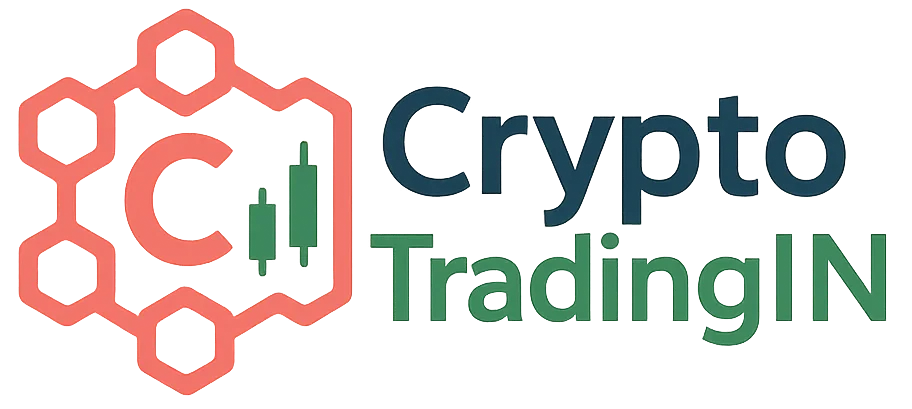
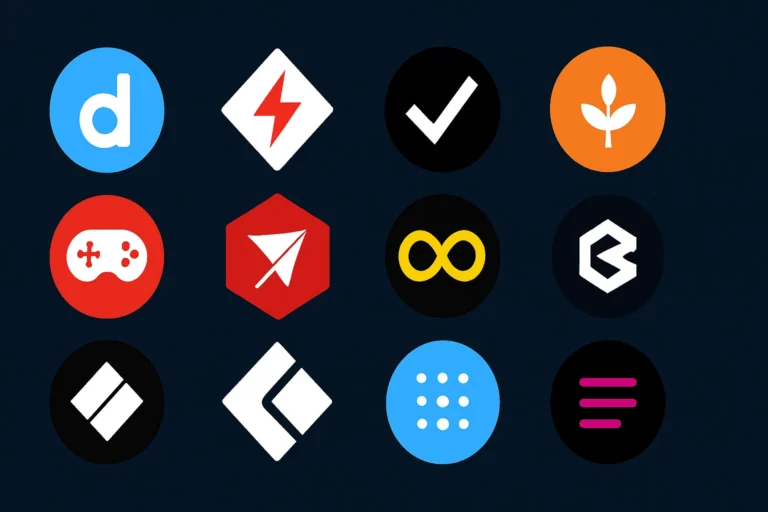

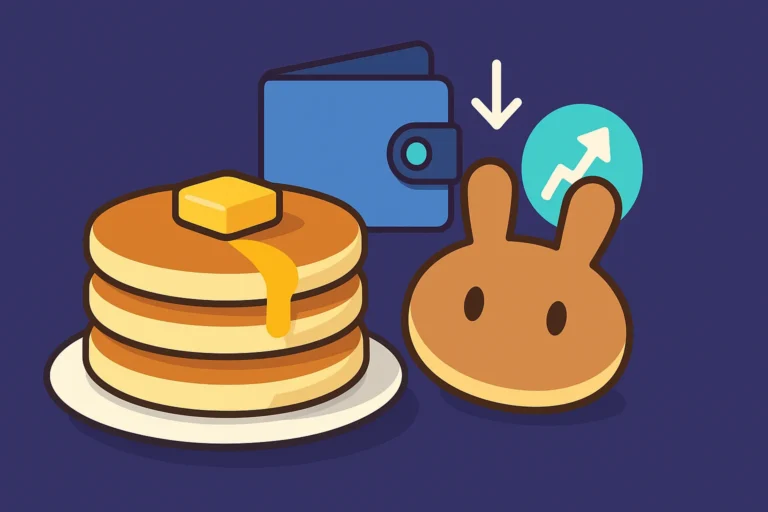
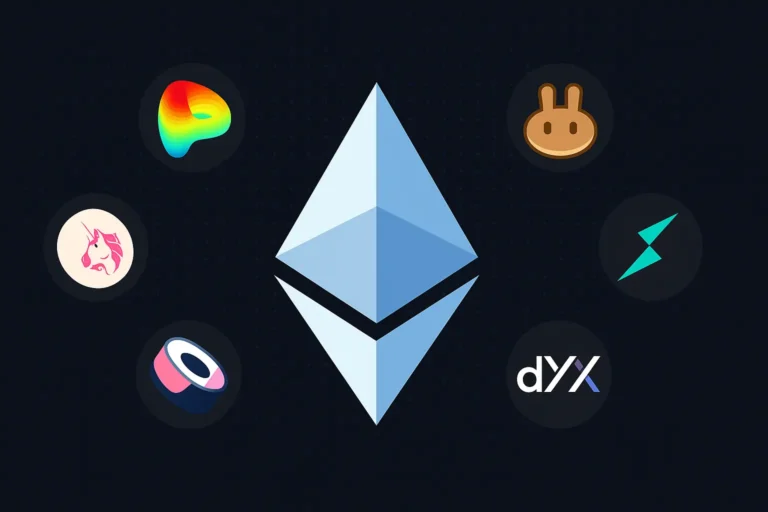

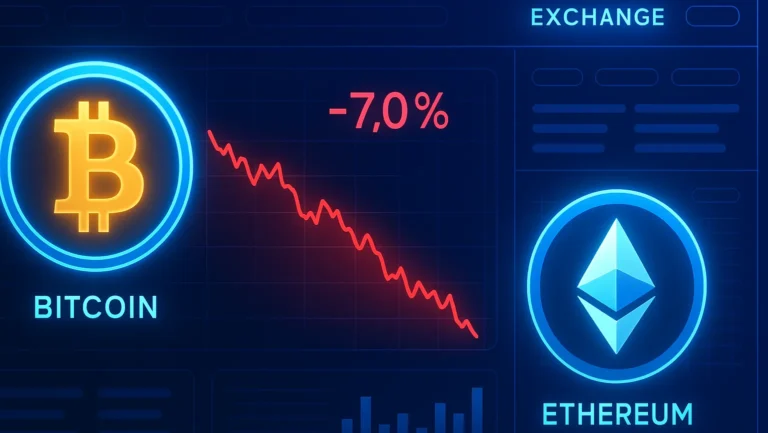
my favourite metamask